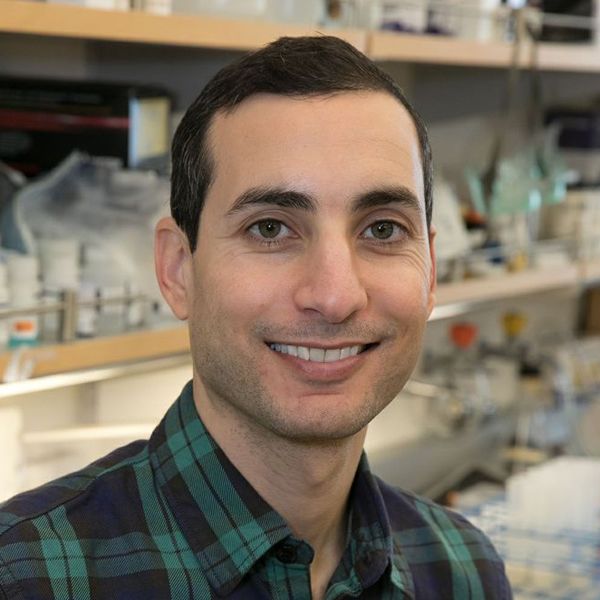2024 Larry & Sherry Benaroya – PCF Challenge Award


Targeting Metabolic Drivers of Liver Metastatic Castration Resistant Prostate Cancer
Principal Investigators: Andrew Goldstein, PhD (University of California, Los Angeles), Adam Sowalsky, PhD (National Cancer Institute)
Co-Investigators: Matthew Rettig, MD (University of California, Los Angeles), Isla Garraway, MD, PhD (University of California, Los Angeles), Freddy Escorcia, MD, PhD (National Cancer Institute), Heather Christofk, PhD (University of California, Los Angeles), Thomas Vallim, PhD (University of California, Los Angeles), JuanJuan Yin, MD, PhD (National Cancer Institute), David Elashoff, PhD (University of California, Los Angeles)
Young Investigators: Amjad Askary, PhD (University of California, Los Angeles)
Description:
- Metastatic castration-resistant prostate cancer (mCRPC) is a lethal disease. Prostate cancers most often spread to the lymph nodes and to the bones, but the liver is an important site of metastasis associated with the worst median overall survival of any metastatic site. Despite this profound clinical implication, the mechanisms that promote metastasis to and growth of mCRPC in the liver are poorly understood.
- Dr. Andrew Goldstein and team hypothesize that as an organ regulating body metabolism, the liver either selects or enriches for metastatic prostate cancer cells with unique metabolic properties, and that these unique properties can be therapeutically targeted. In preliminary studies, the team has identified NRF2-driven antioxidant/glutathione metabolism and NADPH synthesis as one of these unique metabolic properties.
- In this project, the team will identify metabolic and gene expression signatures from diverse models of liver-metastatic human CRPC, and compare tumors from various metastatic sites, across the disease landscape from diagnosis to advanced disease, and across racially diverse patients.
- These metabolic signatures will be assessed to identify potentially targetable pathways.
- The team will also metabolically profile liver tissues from mouse models and humans, with and without androgen deprivation, to gain further insight into the unique liver environment and changes associated with androgen withdrawal.
- Factors that regulate liver mCRPC metabolism will be investigated, with a focus on NRF2, NADPH synthesis and antioxidant/glutathione metabolism.
- Finally, the team will investigate innovative therapeutic approaches to target glutathione/antioxidant metabolism in liver mCRPC.
- If successful, this project will generate a valuable resource of metabolomic profiling in distinct metastatic prostate cancer sites, define metabolic pathways and mechanisms, and determine whether targeting the metabolism of liver mCRPC has potential to overcome resistance to AR pathway inhibition and reduce prostate cancer mortality.
What this means to patients: The liver is one of the most lethal sites of prostate cancer metastasis, and research is needed to understand why and how to prevent or treat patients with liver-metastatic disease. Dr. Goldstein and team will define unique metabolic properties of prostate cancer liver metastases and identify novel therapeutic strategies to target these. This will result in greater understanding of prostate cancer biology and metabolism and lead to new treatment strategies to prevent the most rapidly lethal forms of this disease.

